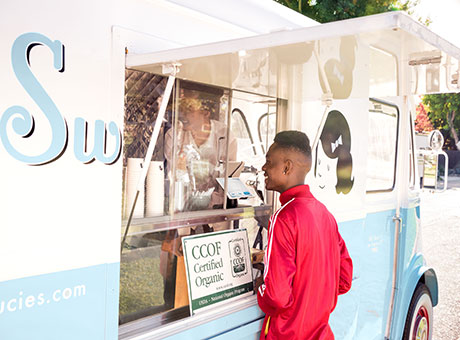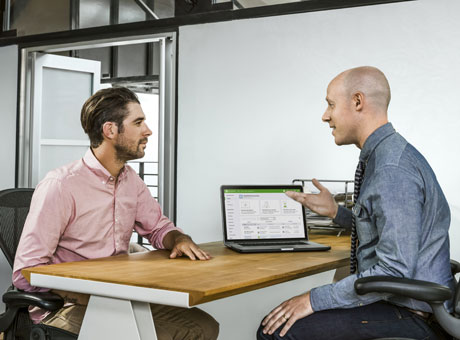Are you looking for ways to meet unplanned and short-term financial needs? If you’re a small business owner, it’s important that you make plans to respond to various emergency situations. One way you can prepare for emergencies and other unanticipated costs is by saving money in your cash reserves.

What Are Cash Reserves — and Why Do You Need Them?
What Are Cash Reserves?
From a business standpoint, cash reserves are the funds that you set aside for emergencies and for the inevitable periods of less-than-usual cash flow. You may save money for your cash reserve in your business bank account or open a separate cash reserve account. Whichever bank account you choose, make sure that you can easily access the account. For the most flexibility, secure your cash in bank accounts that offer high-interest checking accounts.You can also hold other highly-liquid investments that let you gain access to the funds quickly.
Why You Need a Cash Reserve
Having extra cash to cover unpredictable cash flow and extra costs are the primary reason you set aside a cash reserve. But are there other reasons why you need a cash reserve for your small business?
Avoid Taking Loans
One benefit of holding cash reserves is that you avoid assuming additional loans and credit card debt. Borrow only when you have larger and planned financial needs. Accessing your cash reserves when needed to cover your business costs saves you from accruing loan interest, an extra expense that reduces profits.
Take Advantage of Opportunities
As a small business owner or self-employed person in Canada, you may encounter growth opportunities at various times. For example, a customer who usually buys 10 units from you may want to increase their orders to 100 units. With easy and fast access to your capital, you can invest in acquiring the additional inventory to increase your revenue and grow your business.
How Much Goes Into a Cash Reserve?
There’s no standard formula for determining the amount that you should pump into your cash reserve account. But experts recommend that the money you put aside should cover anywhere between three and six months of your company’s expenses . Assessing your finances helps you decide how much you need. Calculate your company’s monthly expenses and examine your financial statements to determine the amount you need in reserve. If you’re a startup, use your budget and projected cash flow to set up your cash reserve amount and determine the number of months the reserve covers.
The Bottom Line
Set a goal for stashing a certain amount of cash in your reserve every month. Regardless of the time it may take to save the money, aim for a cash reserve that can protect your business for up to six months. Improve your cash flow with invoices, payments, and expense tracking. See how much cash you have on hand with QuickBooks.


